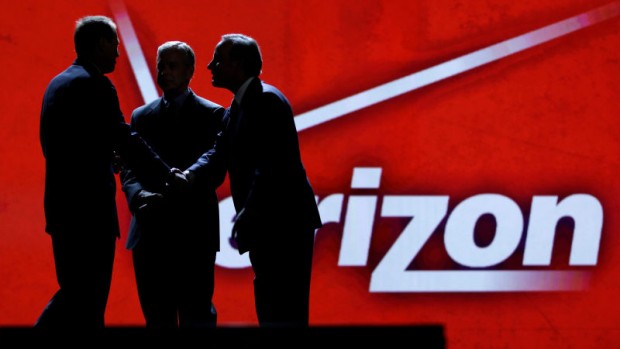Now that the Republican-controlled Federal Communications Commission has decided to toss a massive favor to their friends in the telecom industry and revoke open internet rules, there may soon be no regulatory barrier preventing ISPs from implementing paid prioritization schemes or outright blocking or censoring competitors.
It’s okay, though! They say they won’t do it. Er, actually, it’s more like none of them are explicitly denying they might roll out fast lanes and slow lanes, and some even refuse to deny they might start blocking parts of the web.
According to an Associated Press review of seven of the country’s biggest telecom providers, zero were willing to “rule out the possibility” of establishing fast or slow lanes for various streams of content. Three providers—Verizon, Sprint, and T-Mobile—declined to specifically say they would not block or censor content in the future. Verizon in particular only responded with weasel wording about “access” and its current, not future, policies:
In a Nov. 21 statement, Verizon senior vice president Kathy Grillo said: “We continue to believe that users should be able to access the internet when, where, and how they choose, and our customers will continue to do so.” Asked whether Verizon will continue not to block or throttle content or whether it will charge internet companies to get better access to customers, Young said Verizon “does not block or throttle content and that’s the bottom line.”
Among the other four, AT&T and Comcast promised they “will not block websites” or throttle or degrade traffic, while Charter and Cox said they didn’t have plans to do it.
Of course, trying to plumb these statements for actual commitments is a fool’s errand, since ISPs have a long history of lying, throttling applications they claim consume too much bandwidth, or blocking competitors and things like BitTorrent. While ISPs trying to force their users back into AOL-style walled gardens is probably not going to happen, consumers should be prepared for telecoms to renege on their promises of self-regulation as soon as it’s convenient. But hey, these guys didn’t run most of their competition out of the business by playing nice.

